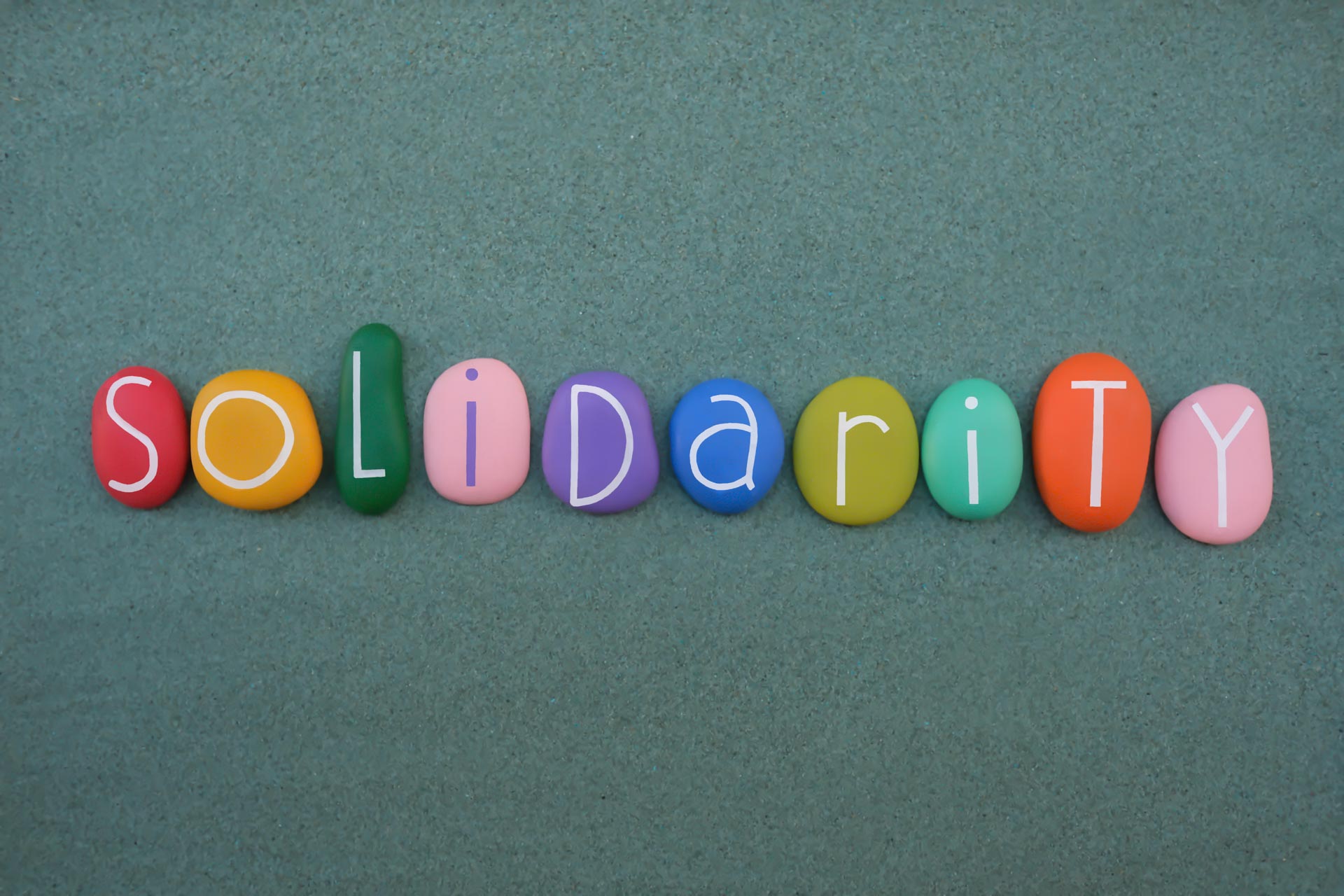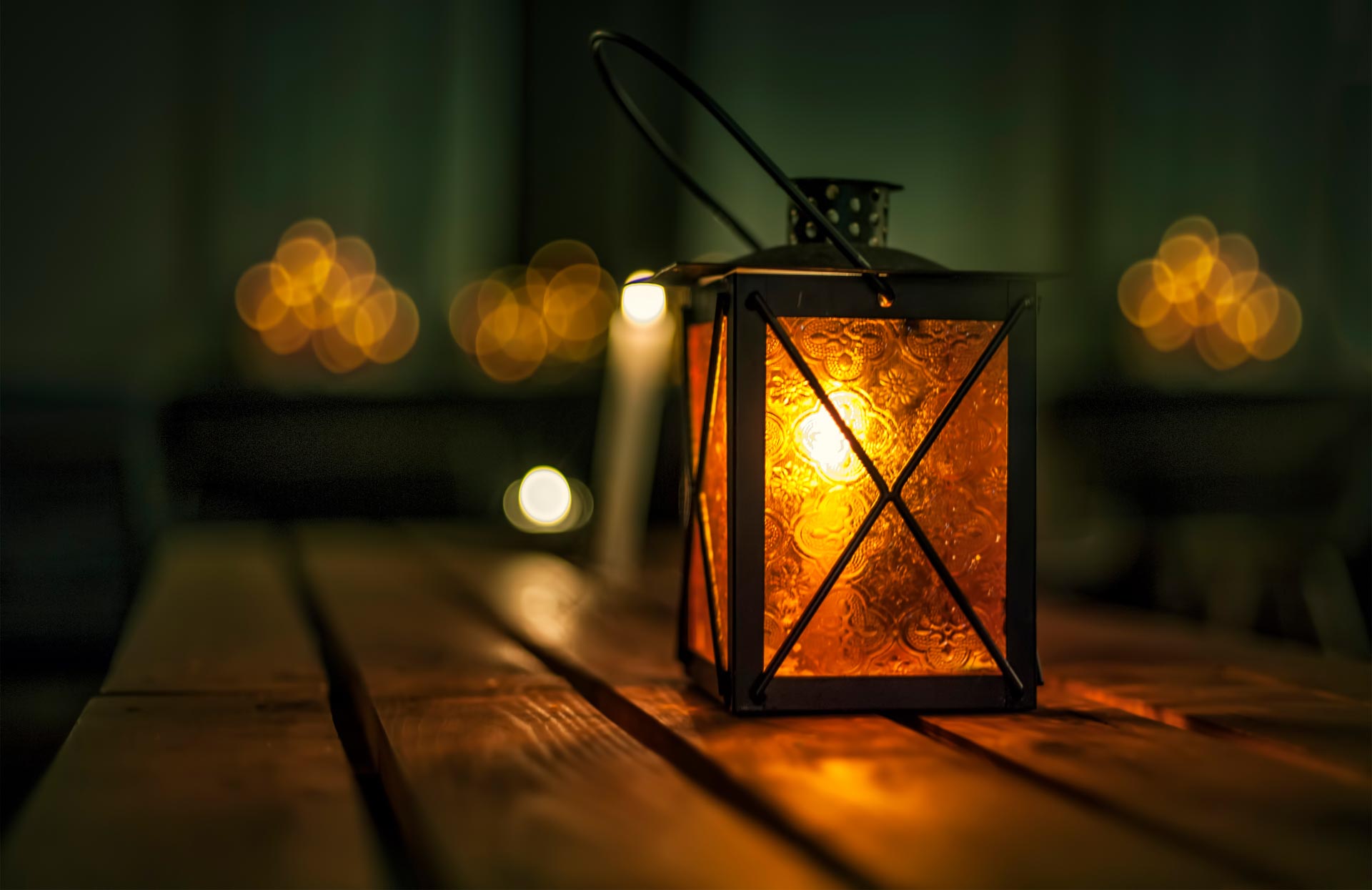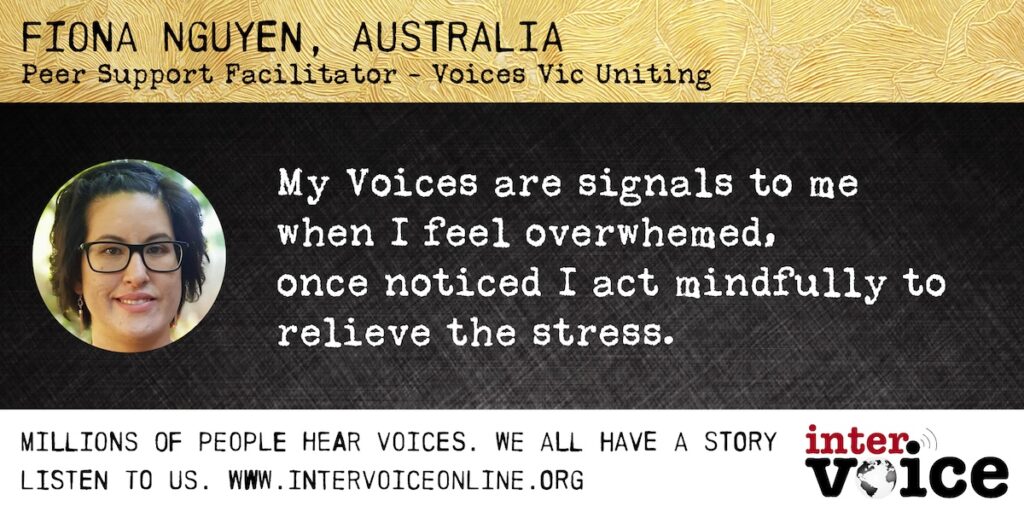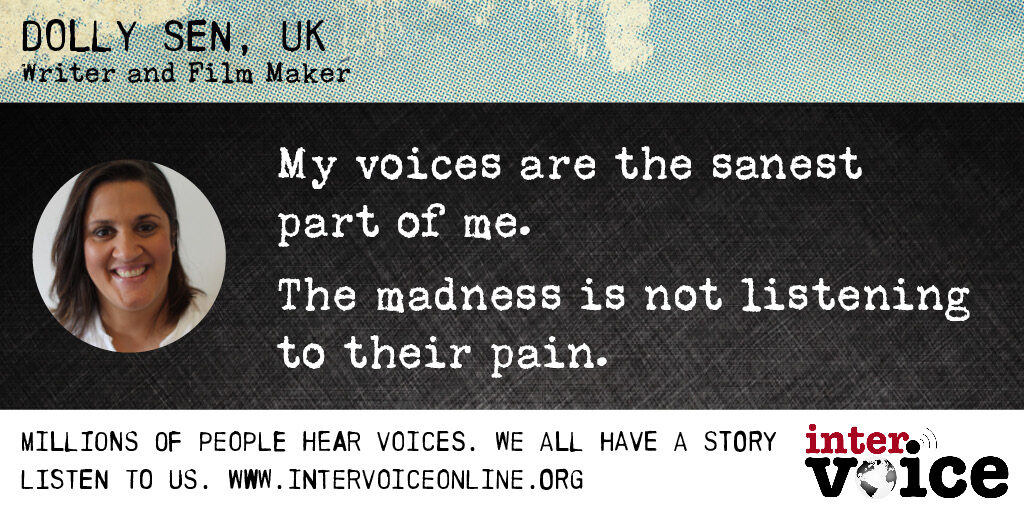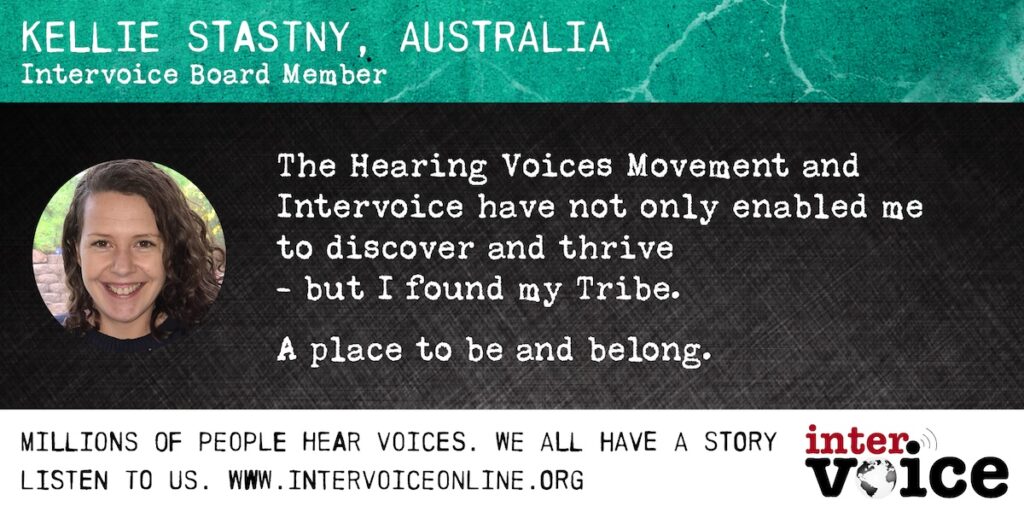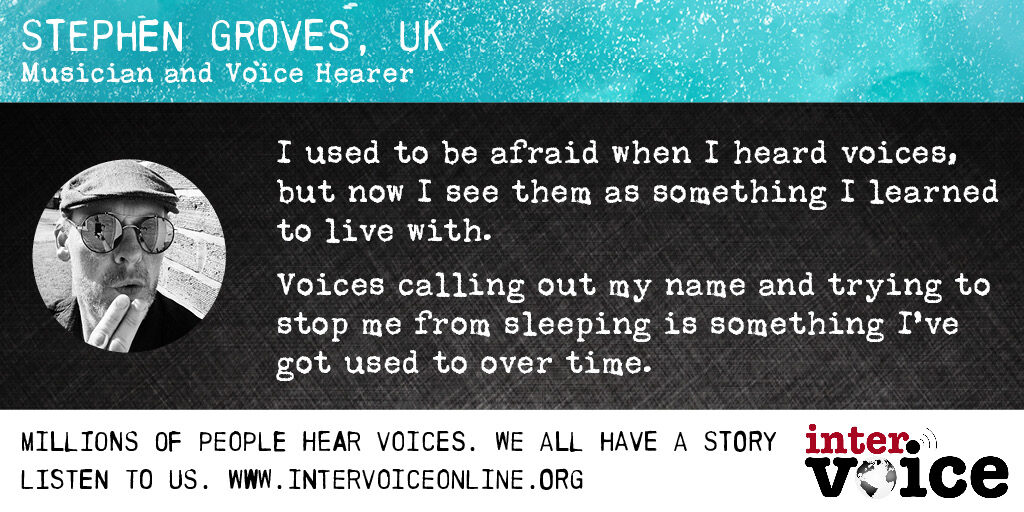Marius Romme in this article, considers five questions about the importance of changing your relationship with the voices. Based on interviews with 50 voice hearers who have recovered from the distress caused by their voices.
Ron Coleman is the best known voice hearer to have recovered from the distress caused by his voices. He has written a beautiful book about recovery “Recovery an alien concept”. It is personal and political. He describes his personal recovery and describes a lot of important issues in the recovery journey. After having read it, my trouble was how to remember what is said and how to use this information when supporting people who are trying to overcome the distress caused by their voices.
Over the last few years we have assembled the recovery stories of 50 people for an anthology soon to be published. But here to, I have had the same problem with my ambition to describe the process of the recovery of these 50 people.
How to remember what is important in the recovery process?
When you read these stories you become very impressed by the struggle these people have gone through. You become enthusiastic about the many different ways in which they succeeded in taking back their power and have started to live their own lives and rather than the lives of their voices.
Living your own life is after all the purpose of recovery.
But when you have read these stories what do you do with the information?
As a voice hearer it might be not so difficult because you can look for identification with some of the people who wrote their stories and to identify with what you recognize and then try to use what is used by these fellow voice hearers. But as a professional you are rather at loss as what to do with all this information.
I therefore formulated 9 questions in order to organise the information written up in these 50 stories and I will discuss five of them in this paper (because in papers you also have to organize information and necessarily reduce information).
I therefore will accentuate the importance of changing the relationship with the voices and will give an overview of the steps taken in the recovery process next time.
These are the five questions:
1) What does the voice hearer say about the roots of their hearing voices experience?
2) What kind of influences has psychiatric care had on his/her recovery?
3) What does the voice hearer say about the importance of accepting the voices in his/her recovery?
4) What do voice hearers say about the relationship between the voices and the person’s life?
5) How did V.H. change their relationship with their voices to overcome their distress?
The first question about the roots of hearing voices: As far as the roots of the hearing voices experience are concerned in these 50 stories, most people tell about how they experienced trauma. Most frequently, sexual and physical abuse was seen as the cause of the voice hearing experience.
Like Sue said: “I have perceived my voice as that of the abuser when I was a child”
And Helen: “I see them as post traumatic after effects of the abuse”.
Or Flore: “With me there was no confusion, I recognised the voice as the abuser”
As well as Mien: “I started hearing voices when I was 7, that was the time time the sexual abuse by the curate started”.
As a second frequent traumatic background we hear stories about “long-time emotional neglect”. With emotional neglect we see that the person has:
- not learned to express emotions;
- was punished when emotional;
- was treated without love and support, but mostly criticize
Like Ami says: “We should keep our emotions to ourselves”.
Or we hear from people about being belittled and over long periods being told they are no good, like with Frank: “My second mother was very aggressive with me, the children from the second marriage have had a better time, I was simply guilty of everything”.
Or emotionally neglected like Helen: “Throughout my childhood my father made me feel more like an object rather than a human being. He never provided any sort of love, kindness or support”.
With emotional neglect the person arrives at adolescence without a clear identity and becomes vulnerable in adulthood when staying on ones own, where emotions are inevitably part of daily life. One has become vulnerable for the perception “of” – and – the coping “with” emotions.
Another trauma that has a great impact is long-term experience of being “bullied” at school.
We read from Johnny´s interview: “My childhood and family life was happy and secure but the bullying seemed to be carried on by the voices”.
From Karina we hear: “The strongest and most negative voices came from the people I used to go to school with, I was bullied at school and a lot of the content came from this time, it was like I was carrying the past voices around with me”.
We also read about hearing voices related to threatening living conditions.
As Mieke told us: “I start hearing voices when I get into a situation where I felt really threatened with my ability to subsist.”
Also Gina felt threatened: “I lost my job and when my boy friend left I had to stay all on my own in my flat. I became very anxious, because there were drug dealers at the corridors and someone had caused a fire in a nearby flat”.
We read about rejection as a child as with:
Debra: “Over the years I was to gain by subterfuge, snippets of information regarding my adoption which added to my sense of loss, betrayal and rejection, as well as undermining my self-esteem. I was to discover that I had been sent back to the adoption agency by one couple as it was believed that I was defective in some way and was possibly brain damaged.”
Then there are, I think, the most dramatic mishaps when rather “normal adolescent problems” of insecurity, accompanied with hearing voices are taken for the expression of mental illness (Eleanor; Stewart; Antje and Sasja – see below), then this is diagnosed as schizophrenia and treated as an illness with neuroleptics as the only option available. Medication instead of being helpful and supportive with their issues of insecurity – and – instead of helping the person with their development, actually causes more difficulties.
Eleanor said: “I was 18 when I went to University. I’d never been away from home before. I was quite naïve. The group I got into were very hedonistic, very outgoing. I was accruing a massive debt. I was torn between following their path and feeling that I ought to be working hard. It was around that time this voice turned up, it was like the voice was, or I was, reprimanding myself. Then I made the fatal mistake of mentioning this to one of my friends She was horrified and so I came to be referred to a psychiatrist. I was admitted to hospital and treatment meant drug therapy. It was all undermining my sense of self.”
Antje who told us: “I was 17 when I started to hear three voices. I had just started living on my own and changed schools. I went to a special science school were we concentrated on mathematics. I then had real difficulties with mathematics I had had never before. I sat at my desk for three hours one day not knowing were to start when I heard a clear voice saying: .”you are stupid” “When some years later she opened up it was immediately seen as psychosis and treated only with medication. This disrupted her life totally.
Stewart: “I started hearing voices when I was 14, I had a very difficult time. My parents were in the process of splitting up, at the same time two grand parents passed away, I also was being bullied by the head boy and I had been hacking into computers at school, some one else got the blame and was expelled from school, I felt very guilty, but unable to own up. I didn´t tell anybody. I stopped going to school just telling them I was not feeling well”.
Stewart ended up in psychiatry where he went down hill because hearing voices only induces drug treatment without exploring what had happened to cause them.


